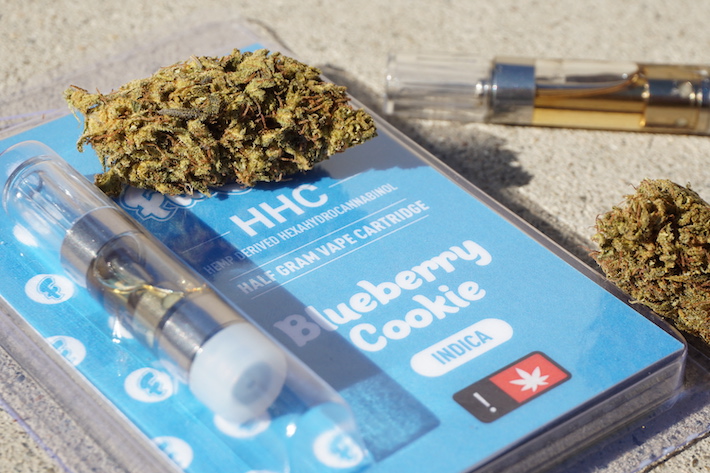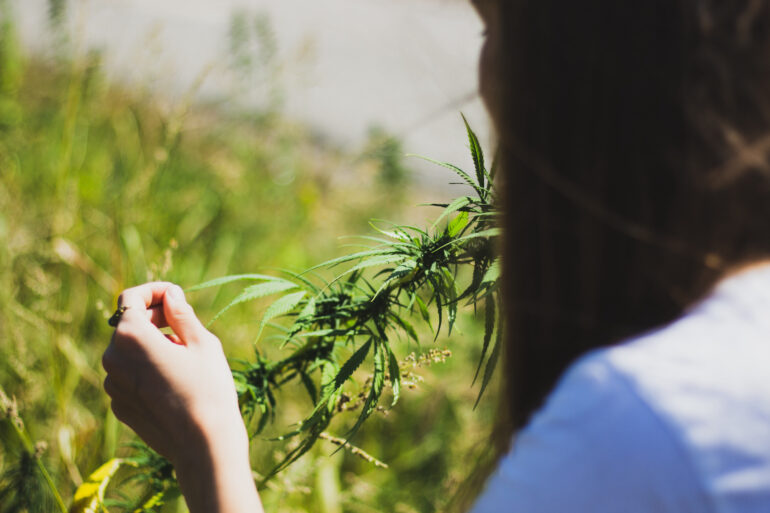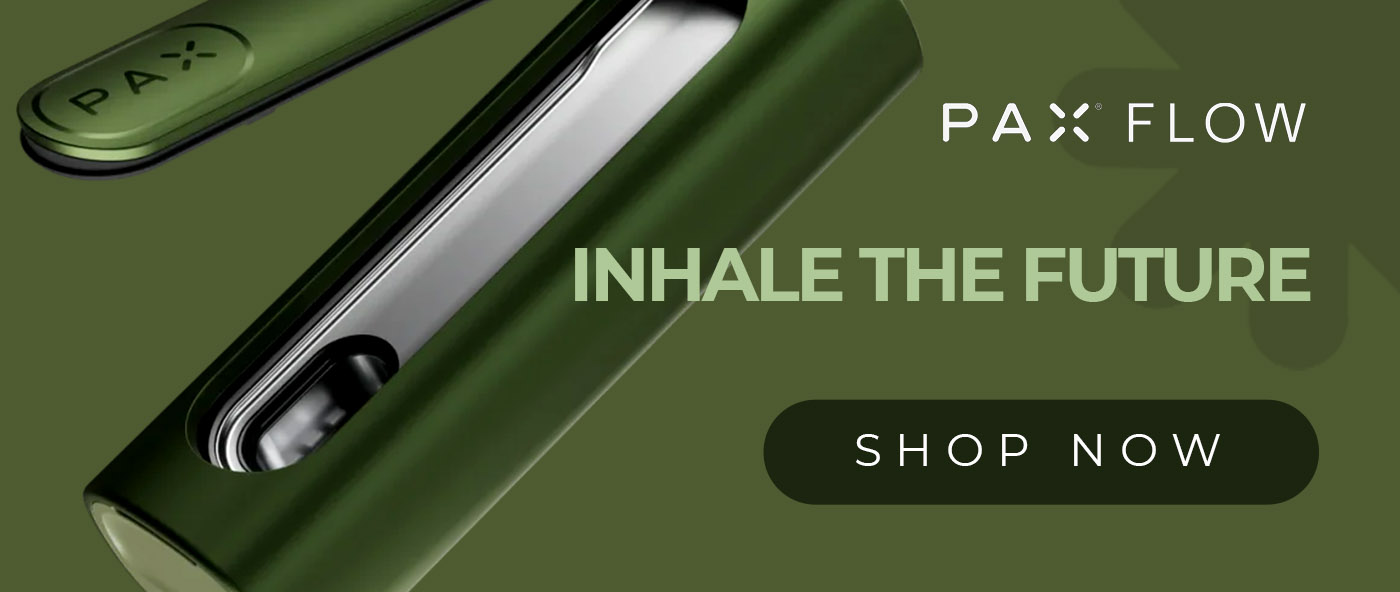South Dakota took some time to start up its hemp program, but the state has been roughly in line with the federal Agriculture Improvement Act of 2018 (the “Farm Bill”) since 2020. This means that delta-8 THC is legal in the state, but lawmakers have taken some steps to ensure only adults aged 21 or over can access it.
Unfortunately, some of the state’s laws around hemp are unclear, so it’s important to learn about the laws surrounding hemp in foods and using hemp in public, in particular.
Here’s a run-down of South Dakota hemp law as it relates to delta-8 THC.
Is Delta-8 THC Legal to Sell in South Dakota?
Delta-8 THC is legal to sell to anyone aged 21 or over in South Dakota.
South Dakota used the same definition of hemp as the 2018 Farm Bill, so any delta-8 THC product is legal provided that it was sourced from hemp and that it contains less than 0.3% delta-9 THC by dry weight.
The state also passed a short bill limiting sales to adults aged 21 and over. The only way anybody younger than 21 can get delta-8 legally is if it is purchased by a parent or guardian.
RELATED: Delta-8 THC Legality by State
Delta-8 THC Legislation Timeline for South Dakota
South Dakota’s hemp program took some time to get up and running, but it was passed and delta-8 THC was legalized in 2020, before age restrictions were added in 2022.
South Dakota legislators attempted to create a hemp program back in 2016, with House Bill (HB) 1054, but this died in the Senate. The following year, Senate Bill (SB) 95 excluded CBD from the definition of marijuana (a Schedule I controlled substance) and added it to Schedule IV of the state’s controlled substances act. Not only was hemp not legal, CBD was explicitly an illegal controlled substance.
After the Farm Bill was passed in 2018, legislators in the state attempted again to pass a hemp bill, but it was vetoed by Governor Kristi Noem. After being unable to override this veto, they prepared to continue the fight the following year.
In 2020 they finally passed HB 1008, establishing a hemp program in the state and officially legalizing CBD, alongside all other hemp-derived cannabinoids (up to the 0.3% delta-9 limit). This bill also made it illegal to sell or use hemp for smoking or inhaling.
Finally, in 2022, the legislature passed HB 1292, which established age limits for delta-8 THC, hexahydrocannabinol (HHC) and THC-O acetate. This bill has three main parts:
- It’s illegal to sell anyone under 21 delta-8, HHC or THC-O
- It’s illegal to possess or try to buy delta-8, HHC or THC-O if you’re under 21
- It’s illegal to buy delta-8 for someone under 21, unless you are their parent or guardian.
Can Delta-8 THC Be Added to Food?
Federal law prohibits adding delta-8 THC to food in interstate commerce, and South Dakota law doesn’t make an exception to this for its own hemp industry. Therefore it is technically illegal to add delta-8 THC to food in the state, but sellers continue to do so, apparently without consequence.
Can You Buy Delta-8 in South Dakota?
You can buy delta-8 THC products both online and in physical stores in South Dakota, provided you are over 21 years old.
Delta-8 Alternatives You Can Legally Buy in South Dakota

Delta-8 alternatives such as HHC, delta-10 THC and hemp delta-9 THC are also available legally in South Dakota, provided you’re over 21. THC-O is also considered legal by the state, despite the DEA’s contrary interpretation of the Farm Bill.
HHC and THC-O acetate were mentioned by name in HB 1292 – alongside delta-8 – so technically these are the only hemp cannabinoids that are age-restricted. It’s important to note, though, that the Farm Bill language also used by South Dakota is not considered to have legalized THC-O by the DEA. However, the fact it’s explicitly included in this bill means that South Dakota considers it legal for adults, regardless of the DEA opinion.
Are There Age Restrictions on Delta-8 THC Products?
You have to be 21 to purchase (or possess) delta-8 THC, HHC or THC-O.
Can You Consume Delta-8 THC in Public in South Dakota?
South Dakota’s hemp law doesn’t say anything about using hemp in public. However, it does state that you cannot “use” industrial hemp for smoking or inhaling, so any public smoking or vaping is illegal.
There are no specific rules for hemp edibles, and the rules for medical marijuana in the state also mention that you can’t smoke or vape in public, while not discussing the use of edibles. Overall, there appears to be no rule against using edibles or similar products in public, provided you’re over 21 years old.
Can You Drive Under the Influence of Delta-8 THC in South Dakota?
No. It’s illegal to drive under the influence of delta-8 THC in South Dakota, because state law prohibits driving under the influence of any substance if it renders you incapable of driving safely. This is punishable by one year imprisonment in county jail, a $2,000 fine, or both.
RELATED: Does Delta-8 Get You High?
Can You Travel to South Dakota With Delta-8?
You can travel to South Dakota with delta-8 THC, provided you are over 21 years old and the delta-8 was sourced from legal hemp. It’s a good idea to bring the Certificate of Analysis (COA) for the product as proof that it is hemp.
Possession of delta-8 THC is legal in South Dakota for anybody aged 21 or over. This means that as long as you’re old enough, and the state you’re traveling from hasn’t banned delta-8, then you are allowed to bring it into the state. Hemp is also generally allowed on flights, so as long as you can prove it’s Farm Bill compliant (with a COA) you shouldn’t have issues.
Changes to delta-8 THC’s status at the federal level could impact this, though. If it’s made illegal federally, then – like marijuana – it won’t be legal to transport across state lines, even if it’s legal in both individual states.
Closing Thoughts: The Future for Delta-8 in South Dakota
You might think that with a delta-8 related bill passing in 2022, the legislature would be basically done with the cannabinoid, but there was another bill being considered in 2023.
HB 1226 is a very bare-bones bill that instructs the state Department of Health to create rules for testing and labeling of hemp products generally, and to “Establish labeling, marketing, packaging, and testing requirements” for all psychoactive compounds in hemp, including delta-8 and delta-10 THC. However, this bill has been tabled, which means it’s essentially dead.
However, this is a sign that there are likely further actions coming for the cannabinoid. In particular, there may be further attempts to regulate intoxicating cannabinoids, but it seems less likely that the state will move towards an outright ban.

